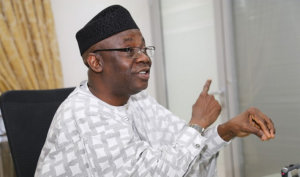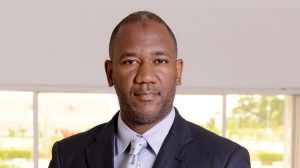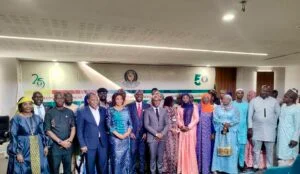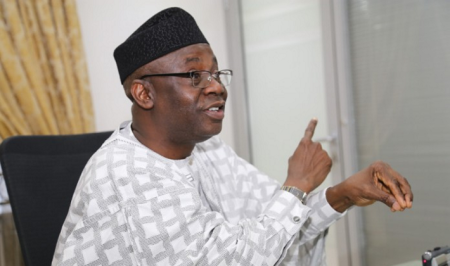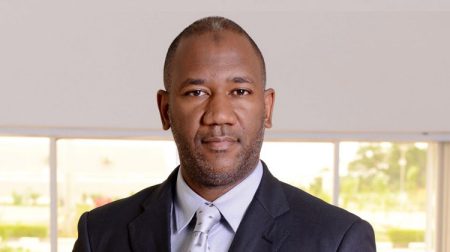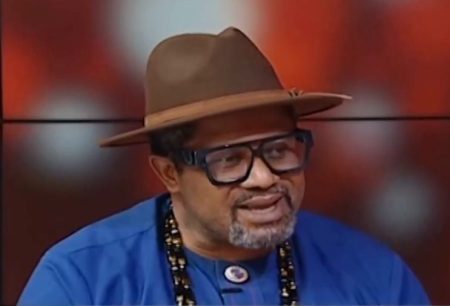The Imperative of an AI Legal Framework for West African Education
The burgeoning field of Artificial Intelligence (AI) presents both immense opportunities and potential challenges for West Africa. The Speaker of the ECOWAS Parliament, Hadja Ibrahima, has emphasized the urgent need for a robust legal framework to guide the development and deployment of AI across the region. This call to action comes at a time of increasing recognition of AI’s transformative potential, particularly within the education sector. A delocalized meeting of the parliament’s Joint Committee on Education, Science, and Digital Innovation, held in Dakar, Senegal, provided a platform for this crucial discussion. The meeting, themed "Prioritizing Education Technology and Innovation in the ECOWAS Region," underscored the importance of adapting to the rapidly evolving technological landscape and harnessing AI’s power to address educational challenges while mitigating potential risks.
Ibrahima, represented by Second Deputy Speaker, Adjaratou Coulibaly, stressed the imperative of embracing new learning models that align with global technological advancements. The Dakar meeting served as a springboard for formulating recommendations toward a community legal framework governing AI within the ECOWAS region. This framework is deemed essential to ensure responsible AI development and deployment, fostering innovation while safeguarding ethical considerations and societal well-being. Digital transformation and innovation, particularly within education, have been identified as key drivers of progress and must be prioritized to shape a prosperous future for West Africa. This aligns with the ECOWAS Parliament’s mandate and reflects the aspirations of its citizens.
The ECOWAS region, with its youthful and dynamic population, diverse cultures, and expanding economies, faces a complex set of educational challenges. While acknowledging the progress made, Ibrahima highlighted persistent issues such as inadequate infrastructure, digital disparities, and varying levels of adoption among member states. Traditional education models are undergoing reevaluation, and the need for digital inclusion has become increasingly apparent. Access to digital tools from an early stage in education is seen as a prerequisite for Africa’s integration into the global knowledge economy. This necessitates the development of comprehensive regional strategies to promote inclusive digital learning, ensuring that all children have the opportunity to acquire the skills and knowledge necessary to thrive in the digital age.
The rise of AI necessitates a proactive approach to address its implications for education. Ibrahima posed critical questions about the future role of educators in a world where AI could potentially replace traditional teaching methods. The challenge lies in finding a balance between leveraging AI’s capabilities and maintaining the human element in education. It is essential to cultivate a learning environment that fosters creativity, critical thinking, and emotional intelligence—qualities that are uniquely human and crucial for future success. The ultimate goal is to build a region where every child has the opportunity to learn, grow, and contribute meaningfully to societal prosperity.
Senegal’s Minister of National Education, Moustapha Guirassy, echoed the call for proactive engagement with AI. He urged African nations to become not just consumers of AI technology, but also creators and regulators. This proactive stance would empower African countries to shape the development and application of AI in ways that align with their unique needs and values. Guirassy highlighted Senegal’s commitment to integrating AI into its education system, citing significant financial investments in both general education and specifically in digital education initiatives. This underscores the recognition of AI’s potential to enhance learning outcomes and transform the educational landscape.
Senegal’s proactive approach to AI integration involves a multifaceted strategy. AI is considered a core component of the country’s education reform agenda, supported by a new technology pact and a comprehensive national digital strategy spanning from 2025 to 2029. Practical applications of AI are already being implemented, including monitoring school performance and providing teachers with training in AI fundamentals. Furthermore, sensitization modules on algorithmic systems have been introduced for secondary school students, equipping them with the knowledge and awareness necessary to navigate the complexities of the digital age. Guirassy proposed the establishment of a West African Pact on AI use in education, guided by a regional ethical charter and the development of digital resources in African languages. This collaborative approach aims to foster regional cooperation and ensure that AI deployment in education aligns with ethical principles and cultural sensitivities. The development of African-language digital resources is critical for promoting inclusivity and ensuring access for all learners.


